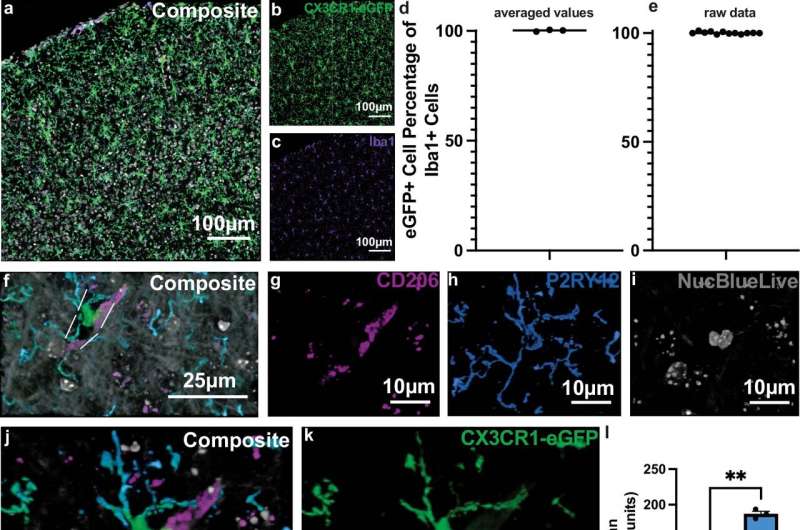Scientists led by Ukpong B. Eyo, Ph.D., of UVA’s Department of Neuroscience, found that immune cells called microglia play an essential role in determining how well tiny capillaries deliver blood and essential nourishment to our brains. Published in Nature Communications, the scientists believe problems with these microglia could be contributing to failing brain health, and targeting them could help us prevent or reverse memory-stealing diseases caused or worsened by lack of adequate blood flow. This could include Alzheimer’s, vascular dementia and even some cases of Parkinson’s.
“For some time now, microglia have been suggested to play important roles in regulating vessel function. With this study, we have provided the most definitive evidence that they do regulate blood flow to the brain, specified the location of this function to the brain’s small vessels or capillaries and identified an enzyme that they use to do this,” said Eyo, of UVA’s Center for Brain Immunology and Glia (BIG Center) and the UVA Brain Institute.

